AI in Education – Is It Cheating?

As an instructional coach, I get questions about AI every day. In fact, it’s all anyone wants to ask me about these days! It’s not surprising, since these tools have developed so quickly, and (unsurprisingly) already been embraced by our students. Most teachers seem to fall into two opposite camps, the first being “WE ARE DOOMED!” and the second being “This is so cool, let’s use it for everything all the time!”
Obviously, both extremes are a bit troubling. I’ve been using my time working with teachers to try to increase their understanding of the current status and capabilities of generative AI, its limitations and possibilities, so they can make more informed and critical choices about how to manage AI usage in the classroom.
The main concern I’ve been hearing about from teachers is cheating. How, they wonder, can I stop my students from “cheating” using these tools? I don’t blame teachers for asking this question, but it begs some examination of fundamental mindsets and constructs of thought around teaching and learning in general.
Firstly – if your main concern is how to stop a student from using a tool, have you considered the possibility that this tool might be something they’ll need to understand for future career opportunities – those that you haven’t thought about or that might not even exist just yet? It’s natural to want to slow down the merry-go-round of ever-increasing technology, but sometimes we simply have to learn alongside our students. Generative AI may seem like a toy to us right now, but it will be an integral part of many other software tools and many job duties in the very near future. We owe it to our students to take it seriously and learn to guide them in its ethical use.
Secondly, it might be time to consider what your definition of “cheating” is, and if that definition is congruent with deep learning. If your assignments or assessments can be completed entirely by copying and pasting an AI-generated answer, are they asking the right questions? Are students being asked to synthesize and create new ideas (something which the current generative AI models are not great at) or to repeat facts? There’s nothing wrong with committing facts to memory, but we can’t stop there – students must be able to make connections between existing and new information, as well as develop the skills to show what they know, model systems, and communicate clearly in general. How might students be able to do this while using AI tools?
Another thing to consider is the capacity of these tools to accommodate special needs, whether for English language learners or for students with learning disabilities, ADHD, or other needs. Generative AI, for example, might help a student who struggles with organization to get started on a writing task and get their disability out of the way of their capacity to show that they know the content. It’s worth having conversations with your students about how their voice comes out in their writing, considering other ways of having students show what they know, and proactively creating a policy for ethical classroom AI use (if your district doesn’t have one yet).
Finally, don’t discount the power of your own understanding. Take the time to learn how to use generative AI yourself. Creating effective prompts is a science in and of itself! Practice querying AI to create various forms of writing for you. Analyze the output thoroughly – you’ll notice that a good percentage of it is still nonsense (another good thing to point out to your students). If you tend to your own AI user skills, you’ll have a much better idea of its capabilities and limitations, and as your confidence increases, your worries about its potential as a “cheating” tool will decrease.
Posted by: Katherine Livick
Recommended1 recommendationsPublished in Artificial Intelligence, Leadership Voices, Newsletter


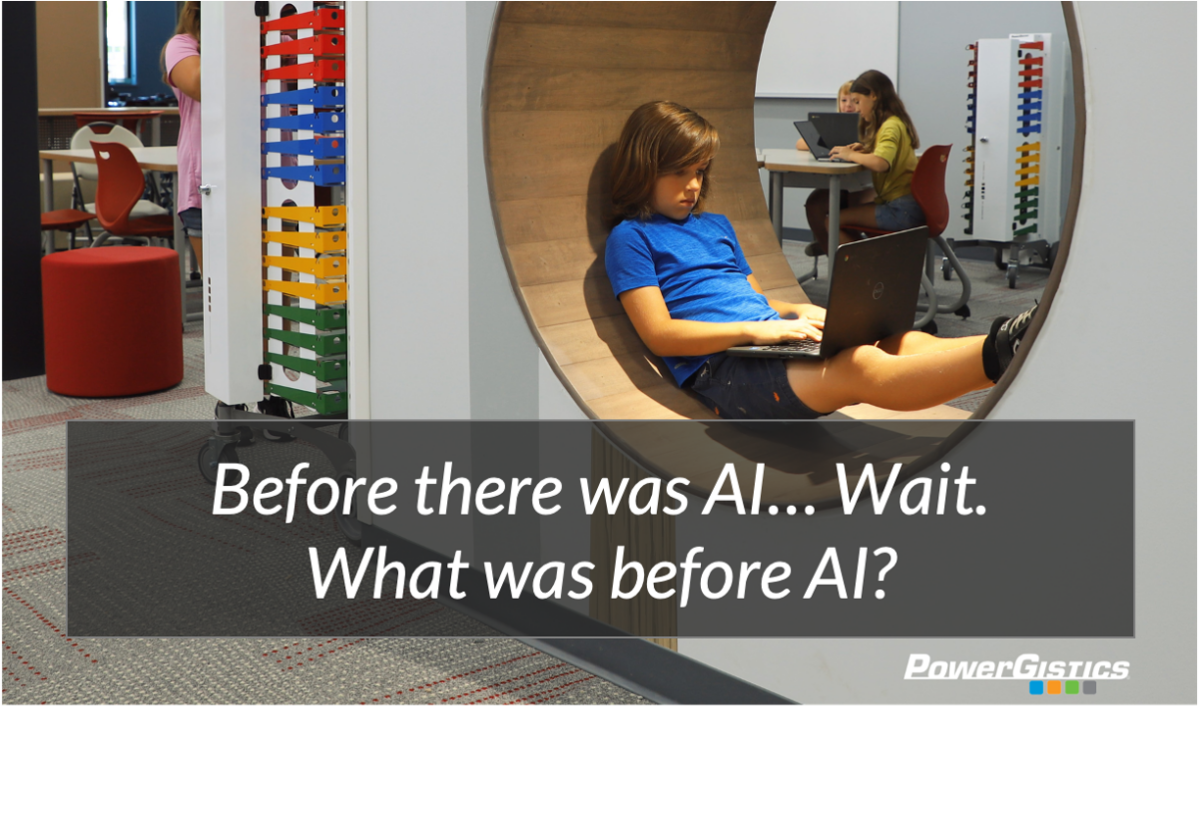
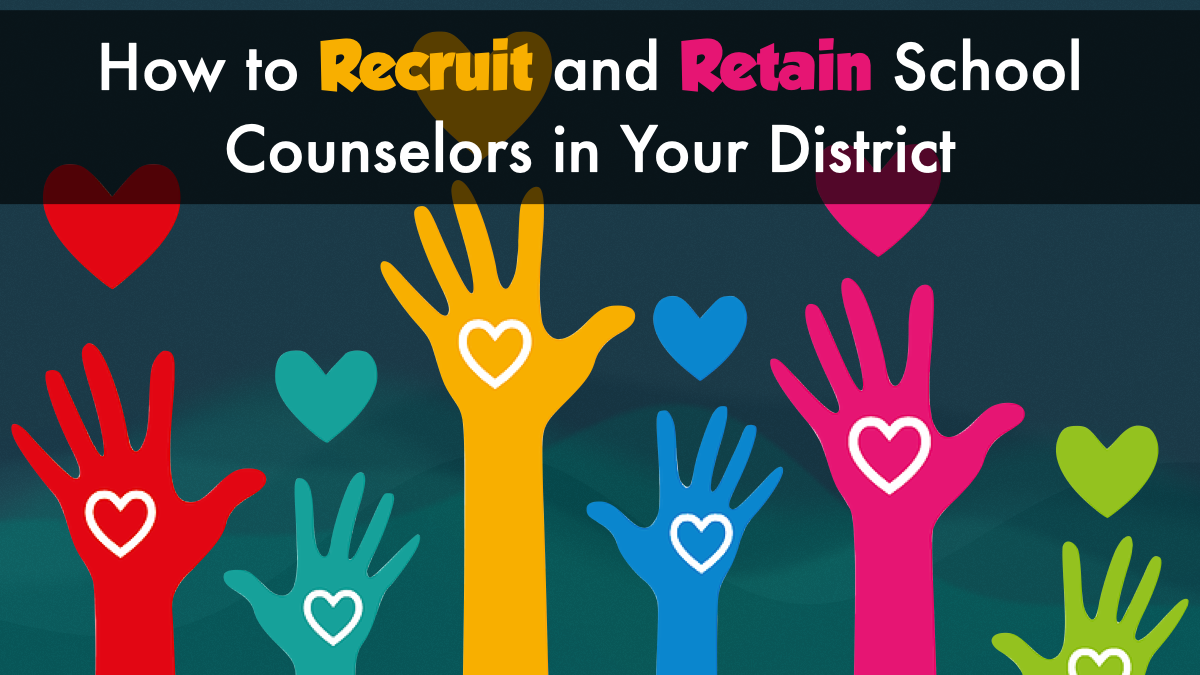
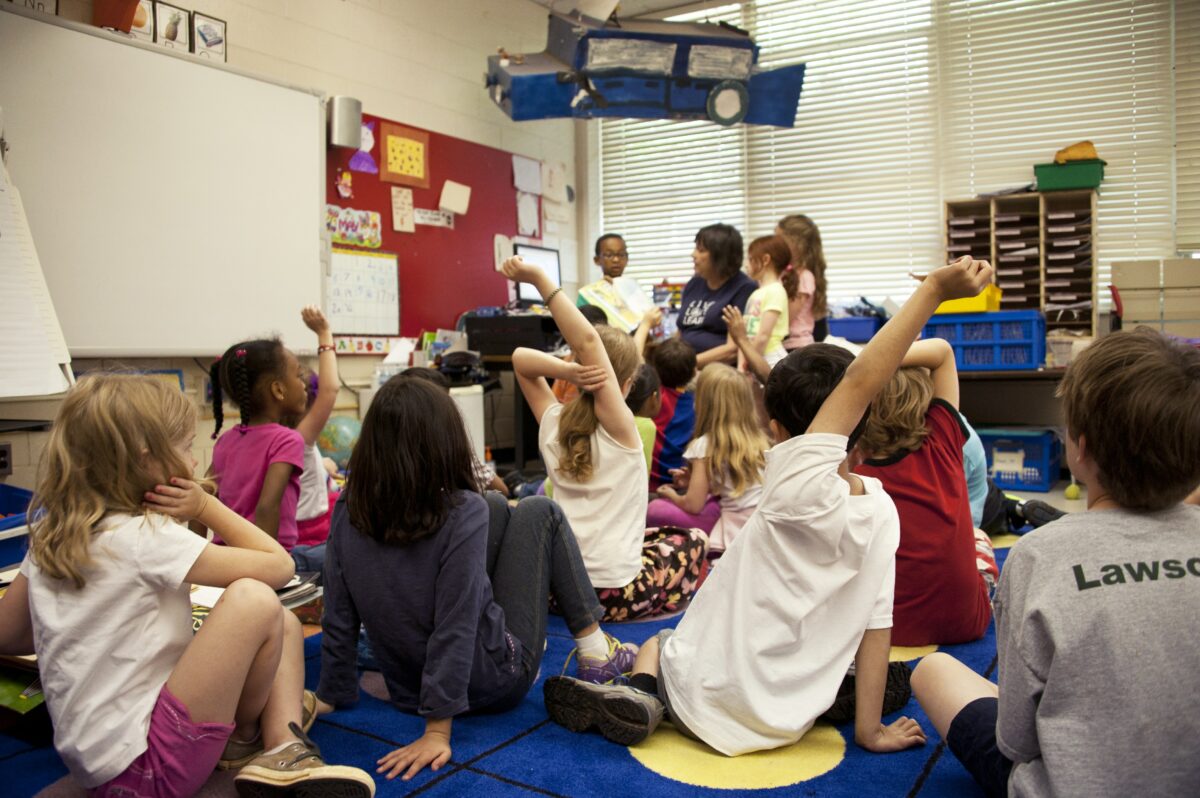
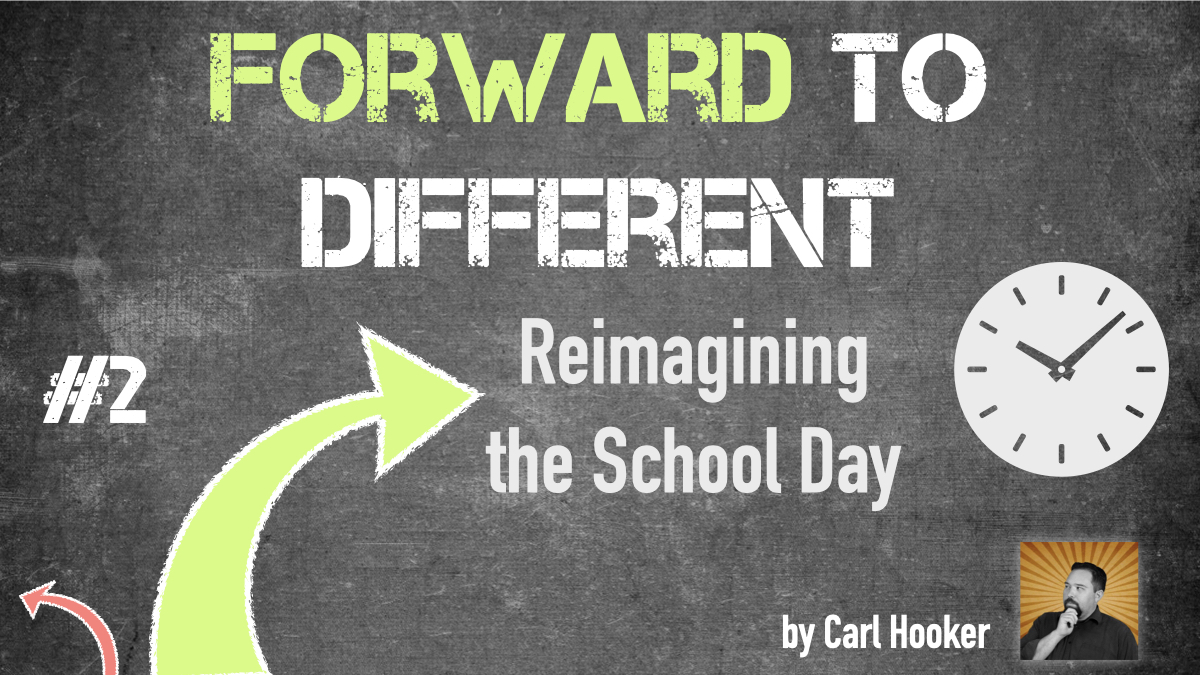
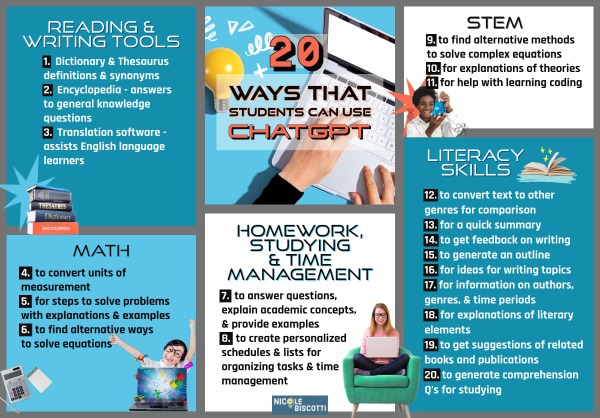
Responses